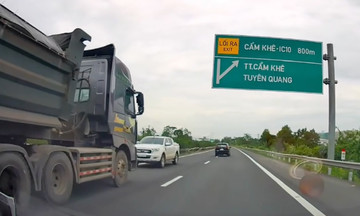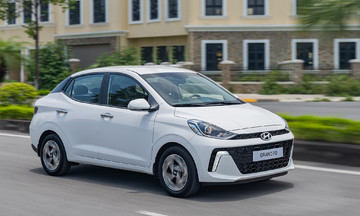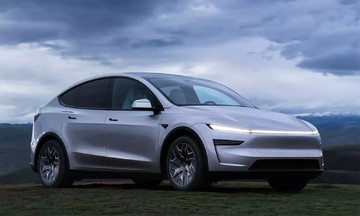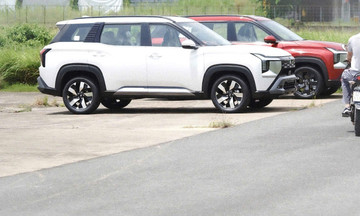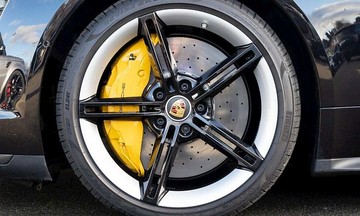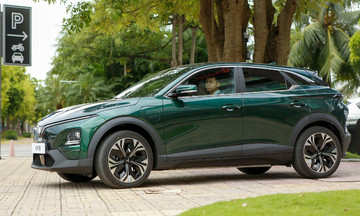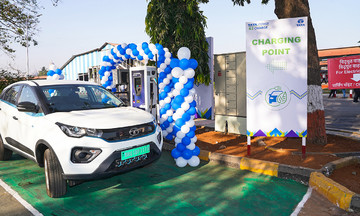Beginning 1/7, gas stations across Delhi must refuse service to vehicles lacking a valid Pollution Under Control (PUC) certificate. While this new regulation aims to reduce polluting vehicles, fuel dealers are more concerned about their personal safety than logistical or inventory issues.
According to many fuel station operators, tensions are already brewing. They worry that refusing service to frustrated drivers, especially during the summer months and in congested areas, could lead to arguments, altercations, and even violent confrontations. Unlike police officers who have the authority to issue fines with legal backing and protection, gas station attendants say they are being asked to enforce a regulation that could provoke hostility without the tools or authority to manage the consequences.
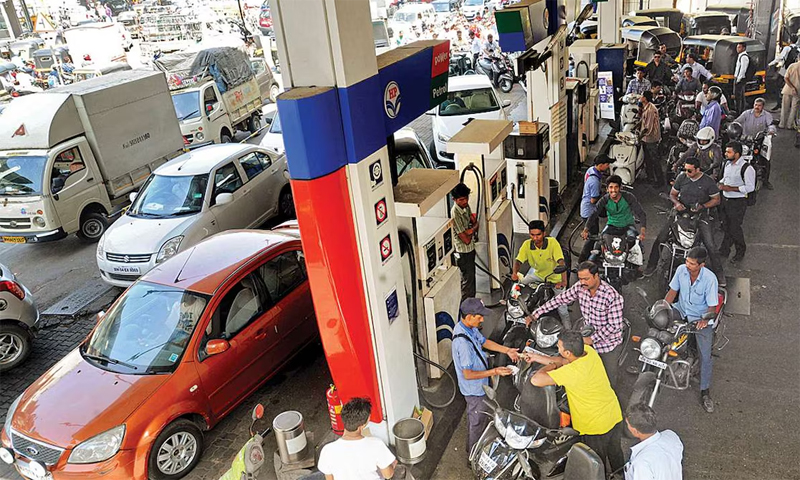 |
A fuel station in Delhi. Photo: DNA |
A fuel station in Delhi. Photo: DNA
The Delhi government's decision stems from growing environmental concerns. Vehicle emissions are a major contributor to Delhi's persistent air pollution, particularly during winter. By restricting fuel to vehicles that don't meet basic emission standards, the government hopes to encourage compliance and phase out older, more polluting models.
However, the responsibility for ensuring compliance now falls on fuel station operators, mostly private franchises or independently run dealerships. They are not trained law enforcement officers. No additional security, legal training, or emergency response mechanisms have been established to handle potential negative reactions from vehicle owners.
Some dealers have reported instances of verbal abuse and threats from customers even before the law's implementation, during random PUC checks. They fear that once the city-wide regulation takes effect, the frequency and intensity of such conflicts will escalate significantly.
Delhi has over 400 gas stations, and on a busy day, many serve hundreds of vehicles. Dealers estimate that even if only 10% of these customers arrive without a valid PUC, the potential for tense situations each day could be in the thousands.
Under the regulation, gas station attendants must verify PUC status before dispensing fuel, either manually or through automated license plate checks, where technologically feasible.
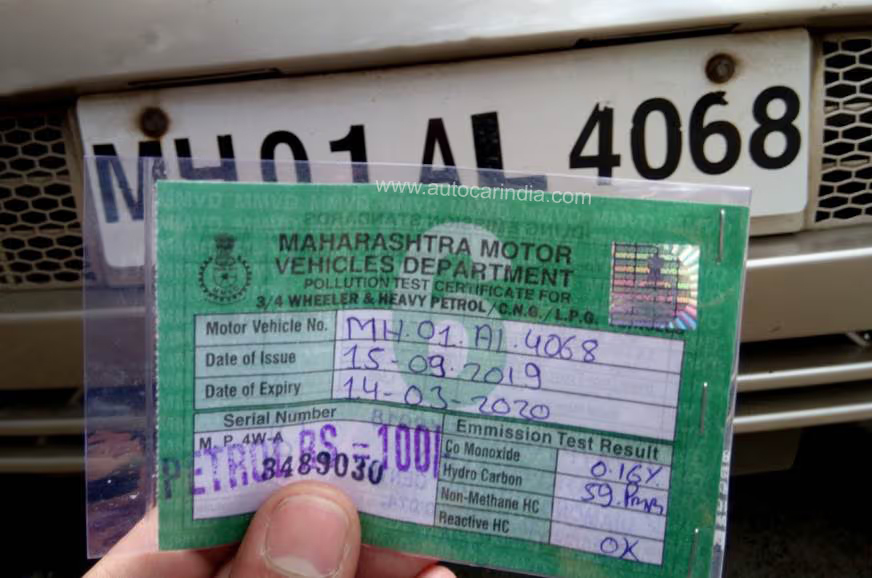 |
A vehicle emissions certificate from Maharashtra state. Photo: Autocar India |
A vehicle emissions certificate from Maharashtra state. Photo: Autocar India
Even with QR codes or app integration, the challenge lies in the interaction. What happens when a customer refuses to accept being denied service? What if they insist their PUC is valid, but the system says otherwise? These are the gray areas that dealers fear could become unmanageable in real time, especially during rush hour.
Fuel dealers aren't fundamentally opposed to the initiative. Many agree that emission checks are important and stricter enforcement is overdue. What they're asking for is a clear framework to protect themselves while carrying out this task.
They want a police presence at busy fuel stations, particularly during the initial weeks of implementation. They are requesting hotlines that can provide real-time support if things get out of hand. Moreover, they want clear instructions on what to do if customers become aggressive, refuse to leave, or threaten violence.
There's also a need for the government to conduct a proactive public awareness campaign ahead of the 1/7 deadline. Signage at entrances, social media reminders, and even SMS alerts have been suggested to lessen the shock factor at gas stations.
The policy's success hinges not only on fuel dealers' enforcement but also on vehicle owners' awareness. Right now, fuel station operators are caught between policy and public perception. The coming weeks will reveal whether this move can bring about real change or simply create roadside chaos.
My Anh (via Cartoq)



